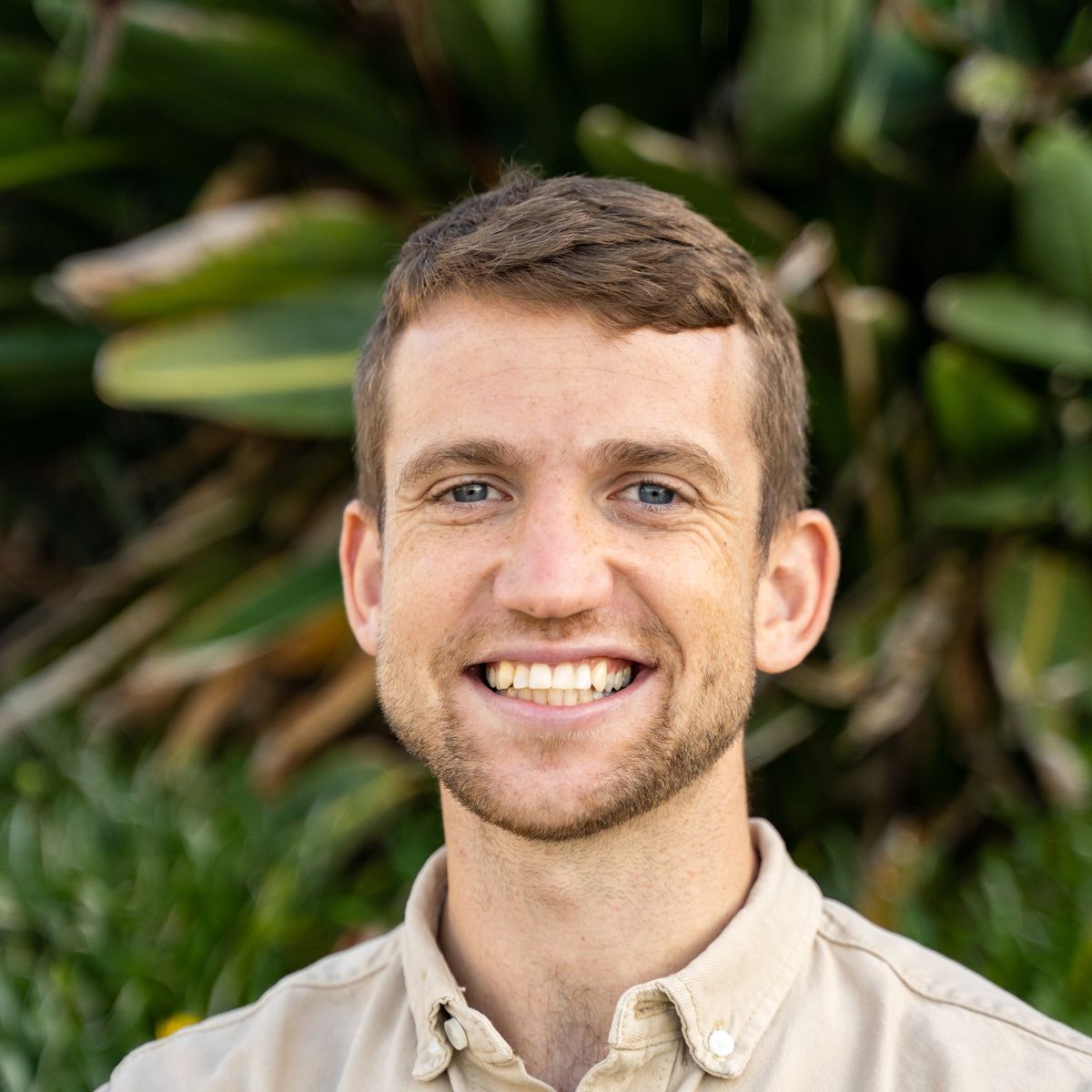
Céad míle fáilte!
Welcome to Founder Focus, your semi-regular deep dive into irish insights, Founders’ origin stories in every corner of the globe.
This week, we’re heading to San Francisco, where Jack Collins from Clarinbridge, Galway has quietly been building one of the most important and least glamorous fixes in American healthcare.
As Founding Engineer of Develop Health, Jack is helping tackle the nightmare that is “prior authorisation” (think endless faxes, forms, and insurance hold music).
With just five people on the team, they’ve already hit $7M ARR, closed a $14.3M Series A, and processed over a million patients. Not bad for a lad who grew up on dial-up internet in a small village in the west of Ireland.

Jack’s story is pure irish insights gold: physics lectures in Galway, a chance introduction to a Silicon Valley startup, years of slogging through messy healthcare data, and now building AI systems that doctors actually trust. All while trying to keep an Irish sense of modesty in a city where self-promotion is a survival skill.
If you’re curious about AI in healthcare or just want to know what comfort food Jack runs for when he’s home, read on.
P.S: They are hiring for a range of roles, check them out if you want to join this rocketship: Develop Health Open Roles
⚡ Jack Collins - Fast Facts
💼 Company: Develop Health | 📊 Traction: Serving 1M+ patients, 200k monthly cases, $7M ARR |
🚀 What it does: AI-powered platform automating prior authorisation and insurance coverage checks for US healthcare | 🌐 Prior Life: Physics and machine learning grad—former clinical NLP engineer at Parexel and Roam Analytics |
🧑💻 Linkedin: Jack Collins | 💸Funding: $14.3M Series A led by Wing VC; $17.6M total |
🌍 From: Clarenbridge, Galway, Ireland — now based in San Francisco, CA | 🎯 Expansion: From digital health startups into major hospital systems; hiring engineers now |

🌱 The Beginning
You grew up in Ireland, studied physics and machine learning, and now you’re building AI in San Francisco. What’s the journey been like from Galway to Silicon Valley?
I’m originally from Clarinbridge, just outside Galway. I studied physics at NUIG, now University of Galway, and did a year abroad in Santa Barbara. Honestly, that changed everything. I loved the weather, the lifestyle, and the outdoors.
When I returned home, I completed my physics degree and went on to earn a Master's degree in machine learning. I'd always been interested in computer science and AI, and I loved the process of building tools that people could use immediately.
One day during my Master's program, I got an email from the Silicon Valley Internship Program inviting me to interview with some startups in the Bay Area. I applied immediately and managed to get accepted alongside six others from around the globe. A few months later we were all living together in San Francisco.
Was there a moment where you thought, right, AI in healthcare is where I’m meant to be?
Through that program, I spoke with several companies, but I connected most with Roam Analytics, where we built natural language processing (NLP) tools for healthcare companies of all different kinds.
When the CTO of Develop Health (Benjamin Easton) reached out, it was the perfect fit. AI, healthcare, LLMs. It all lined up.
Any Irish trait that gives you an edge in the madness of SF startups?
I try to do a very good job of whatever I’m doing. High-quality bar, work hard. I see that a lot with Irish people. The flip side is that we can hold ourselves back by playing things down. Americans are very good at pitching themselves. I had to pick up a bit of that to survive.
What’s the Irish tech community in SF like?
Great. Lots of WhatsApp groups and group chats share events and dinner invitations. There’s the Irish Network Bay Area and events at the Irish Consulate. You also just bump into people at founder-engineer meetups. It’s a proper little ecosystem.

👀 The Problem + Why Develop Health Exists
How do you explain to your mam what you actually do?
The US system is… let’s just say messy. A doctor can’t just prescribe a medicine and hand it over; they need to know if insurance will cover it, what paperwork’s required, and whether the patient can even afford it.
And then there’s this whole thing called prior authorisation, which is basically the insurer saying ‘yes, we’ll pay for it.’
The mad part? It’s still mostly run on faxes and phones. So at Develop Health, we’ve built AI systems that handle all of that, sending faxes, dealing with the back-and-forth, managing missing forms, and even chasing insurers when they don’t reply.
We’ve automated away hours of admin so doctors and staff can actually focus on patients. For the most challenging cases, we have a human team as a backup, and we train the AI on those cases so it can continue to improve.
With a team of five people, how are you punching above your weight to hit $7M ARR and close a $14.3M Series A?
It comes down to building with AI from day one. We’ve set up what I’d call ‘learning loops’, we start with broad systems, learn from every edge case, and feed that back into the product.
It means the system is robust enough to handle real-world messiness — such as faxes that fail, phones that don’t pick up, and AI that occasionally misunderstands — and still deliver an accurate answer.
We always prioritise something that works end-to-end first, then refine. That’s allowed us to serve over a million patients already with such a small team. You can’t really do that in healthcare without AI baked into every layer.”
As an AI native startup, what’s your favourite AI process you’ve built?
One thing I love is how we record and summarise every phone and video call. Customer chats, candidate interviews, everything. We turn transcripts into tickets and pull out the top customer issues so we can prioritise properly. In the product itself, AI calls have improved massively in the last year.
Voices are more realistic and forgiving. Honestly, talking to our AI can be a nicer experience than some human phone calls. You can ask it to respell a patient’s name ten times, and it doesn’t mind.”
Where’s the company now in terms of scale?
We started with digital health companies that move fast, and we’re working our way into larger hospital systems, which means EHR integrations and more complexity. We’re processing approximately 200,000 patients per month on benefits checks per month via AI phone calls, and we surpassed one million patients last week.

🚀 Building the Thing
What’s it like being the “Founding AI Engineer” instead of just another engineer?
Titles don’t mean much in a five-person startup. I do a lot of AI work, sure, but I also talk to customers, manage the fallback operations team, prioritise features, and sometimes even handle product management.
What makes an AI engineer different from a traditional engineer is that you’re not writing deterministic code where it’s 100% right or wrong. You’re constantly evaluating — 80% correct, 90% correct — and building systems that can tolerate that ambiguity.
And then there’s prompt engineering, which sounds a bit gimmicky but is real — you have to learn how these models ‘think’, what they’re good at, what they’ll mess up, and structure problems so the AI actually helps. It’s a whole new way of working.”
How do you balance your scientific background with being a scrappy builder?
Physics is clean. Equations balance, one plus one is two. Startups and healthcare are messy. Phones cut out, faxes don’t send, people scribble notes in the margins.
I had to train myself to stop chasing perfect theory and instead solve 80% of the problem, then 80% of what’s left, and keep going. It’s less elegant but more effective. That shift from neat answers to messy progress has been the biggest learning curve of my career.”

☘️ The Irish Bit
If you had to give one piece of advice to Irish engineers or founders thinking about the US startup scene, what would it be?
For engineers: get familiar with AI. It’s the biggest lever you’ll have in your career. Writing every line of code yourself is already becoming a thing of the past. The real value is in big ideas, system design, and knowing how to use AI tools effectively.
For founders: put yourself out there. That’s the bit Irish people struggle with. Don’t be shy about what you’re building. Message people on LinkedIn, go to meetups, and ask for introductions. Push past the discomfort and you’ll find doors opening. That’s how things happen here.”
When you go home, what’s the one Irish comfort food you miss most?
Apple tart. Proper Irish mammy apple tart that fills a whole tray. Slice of that with ice cream and I’m sorted. Luckily, I’m flying home on Thursday, so I won’t have to wait long.

🔗 Share irish insights
{{rp_personalized_text}}

Copy and paste this link to others:
{{rp_refer_url}}

What'd you think of today's email?
Was this forwarded to you? Sign up here.


